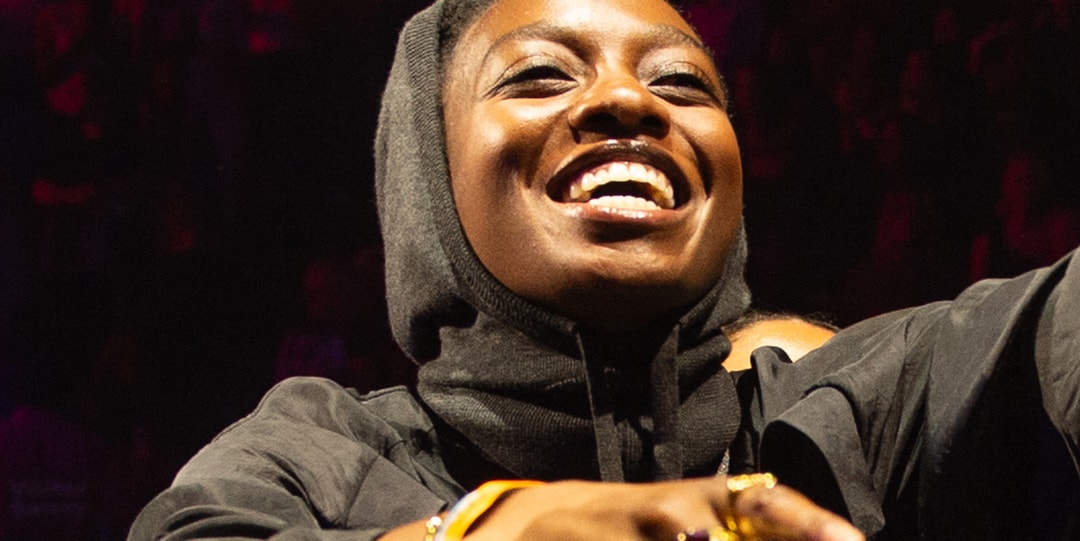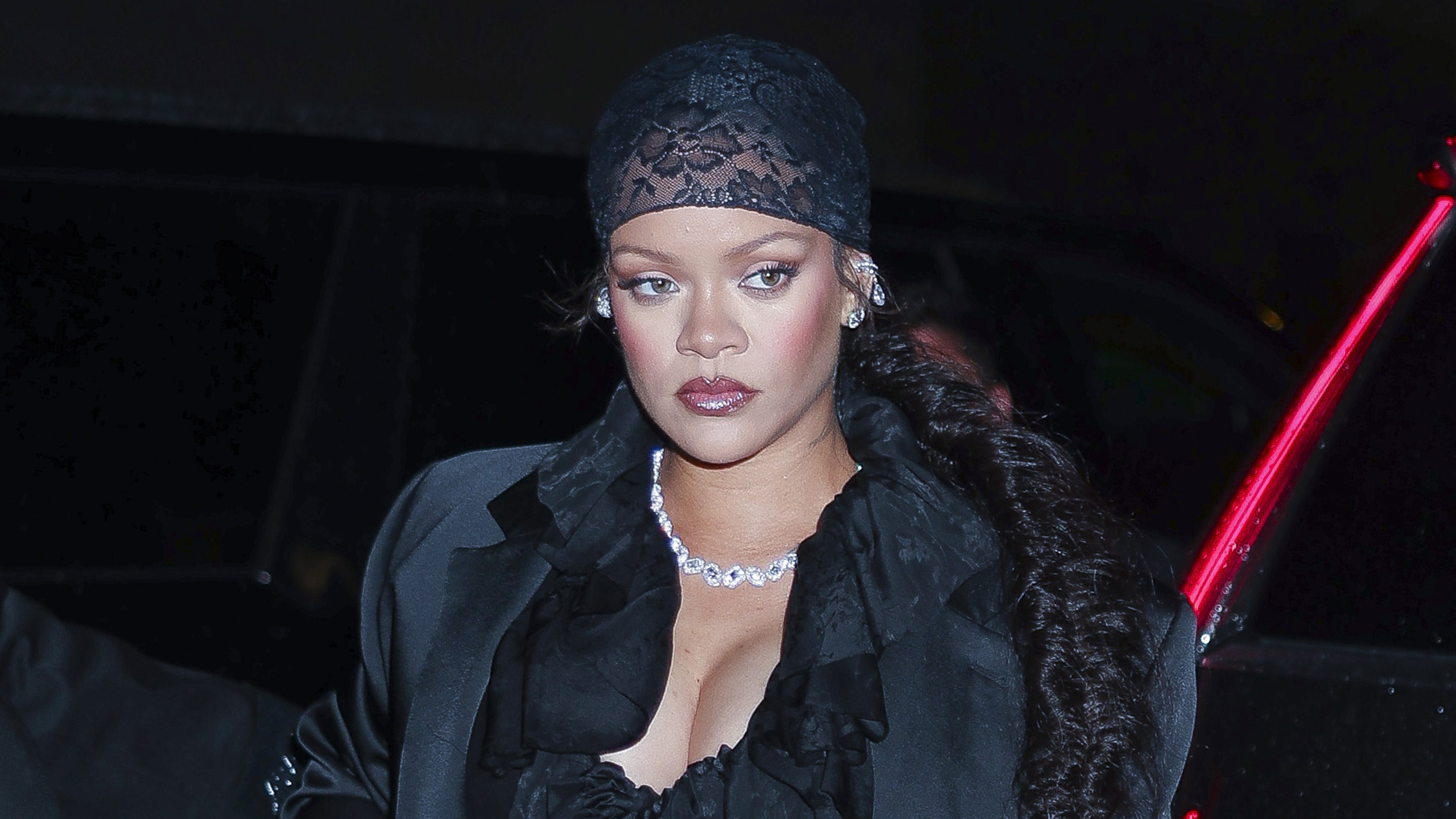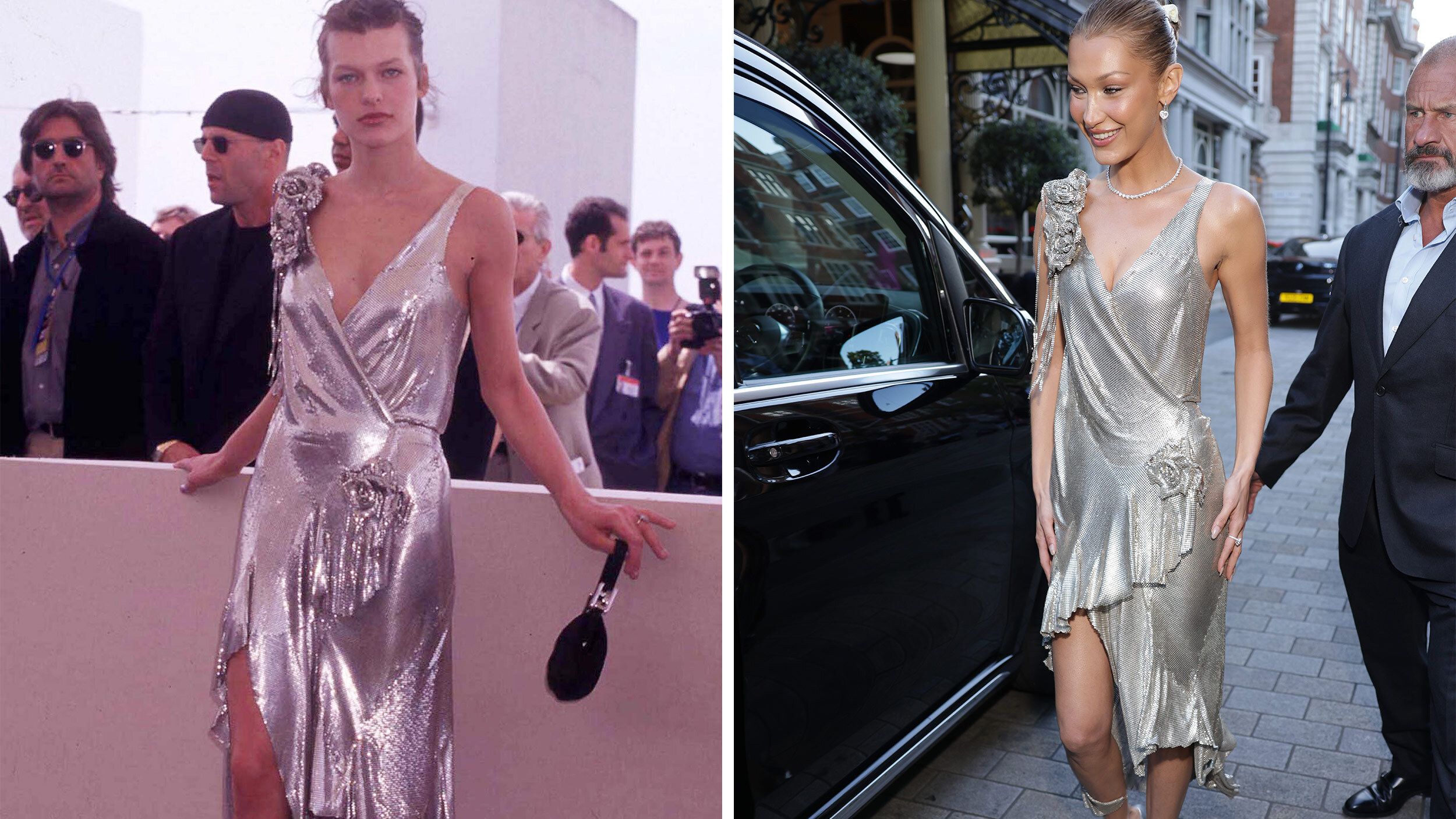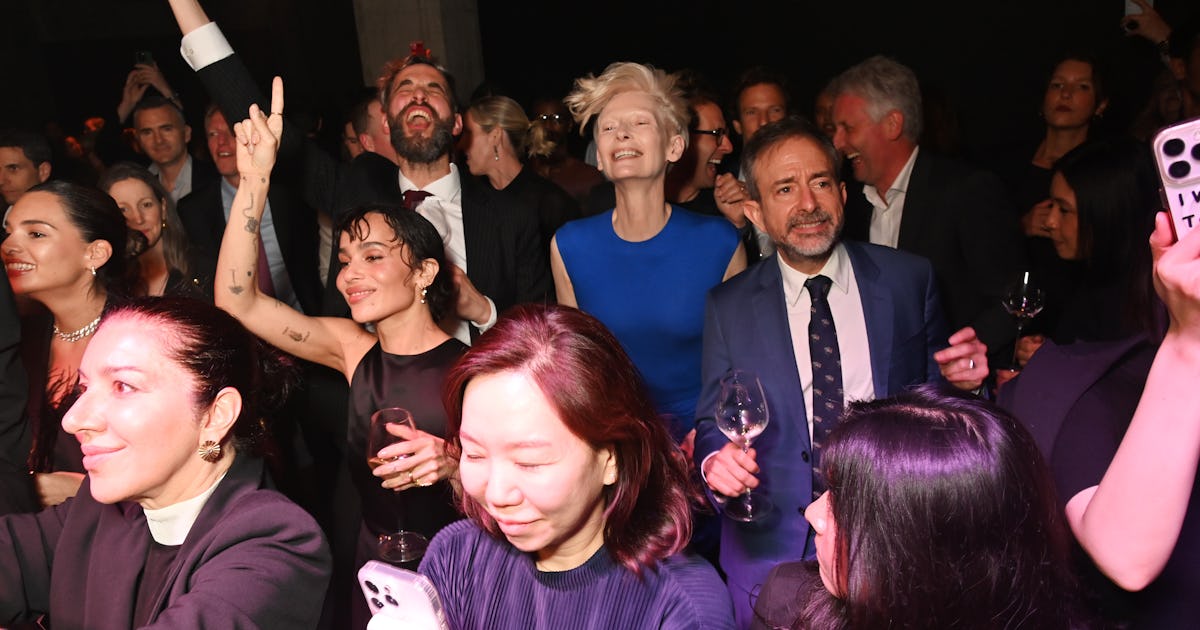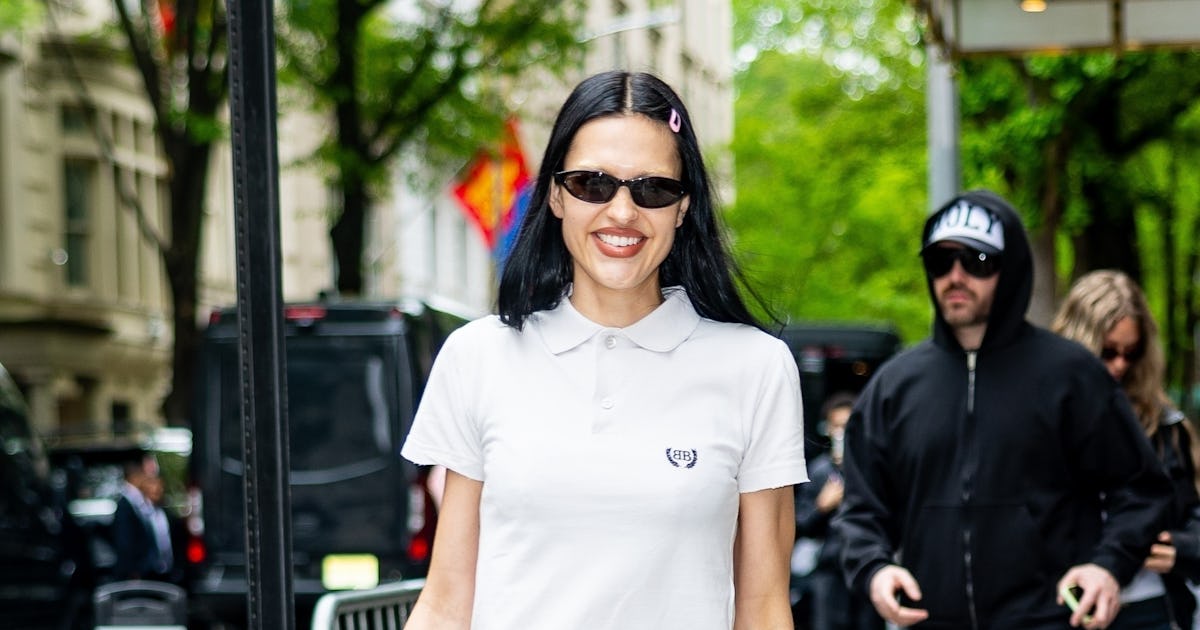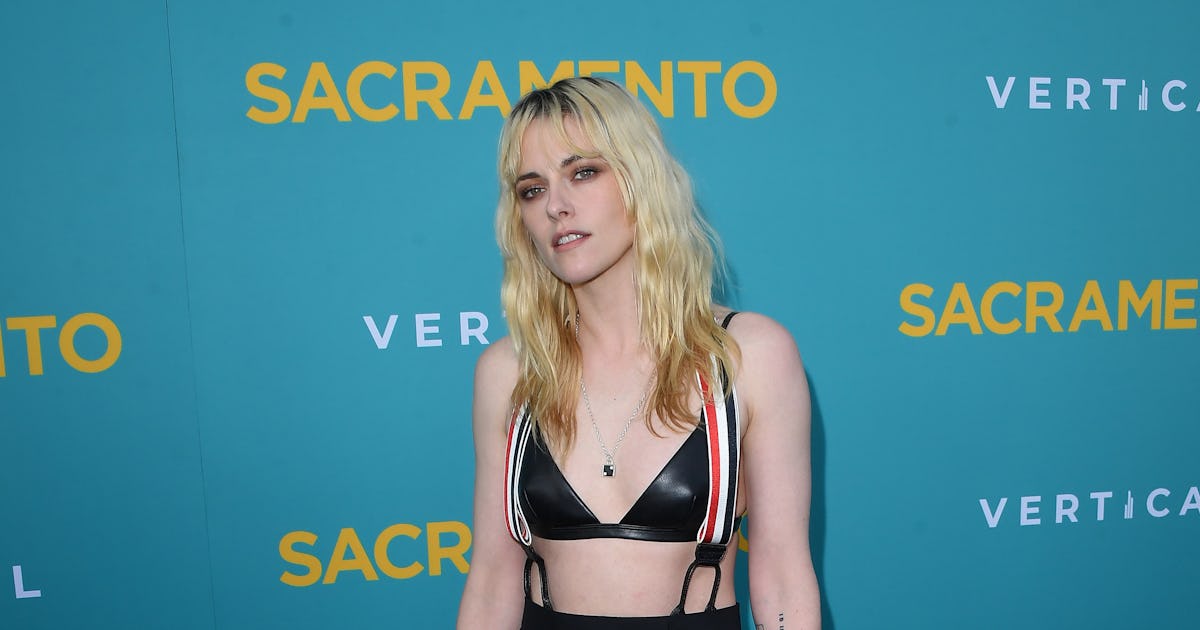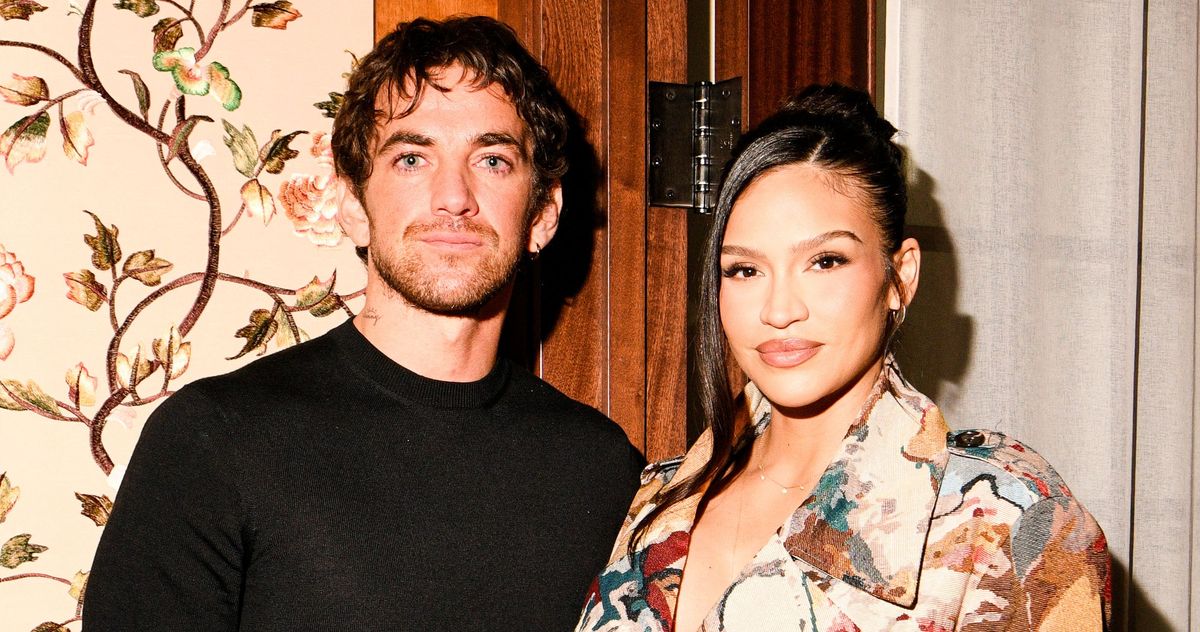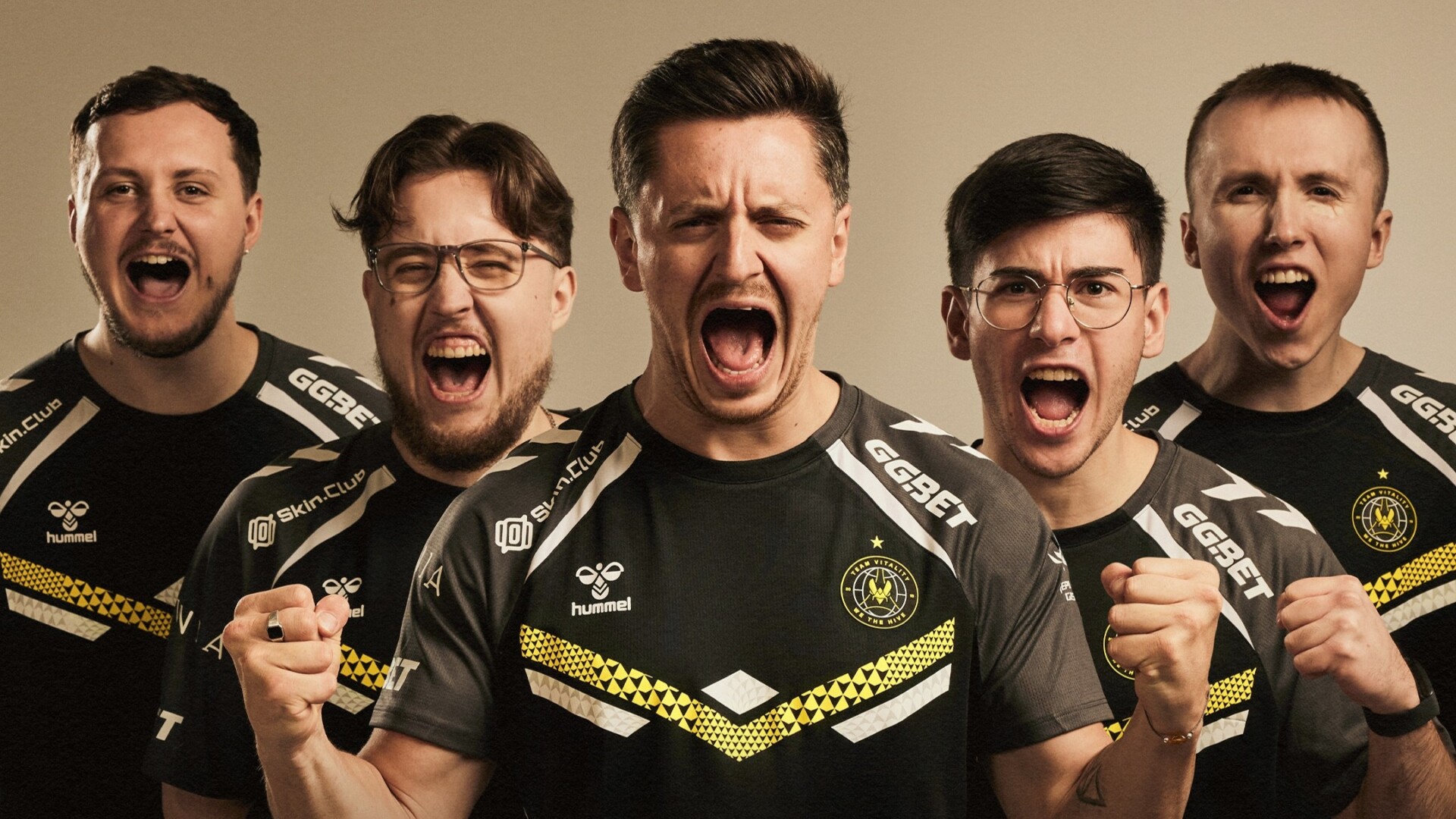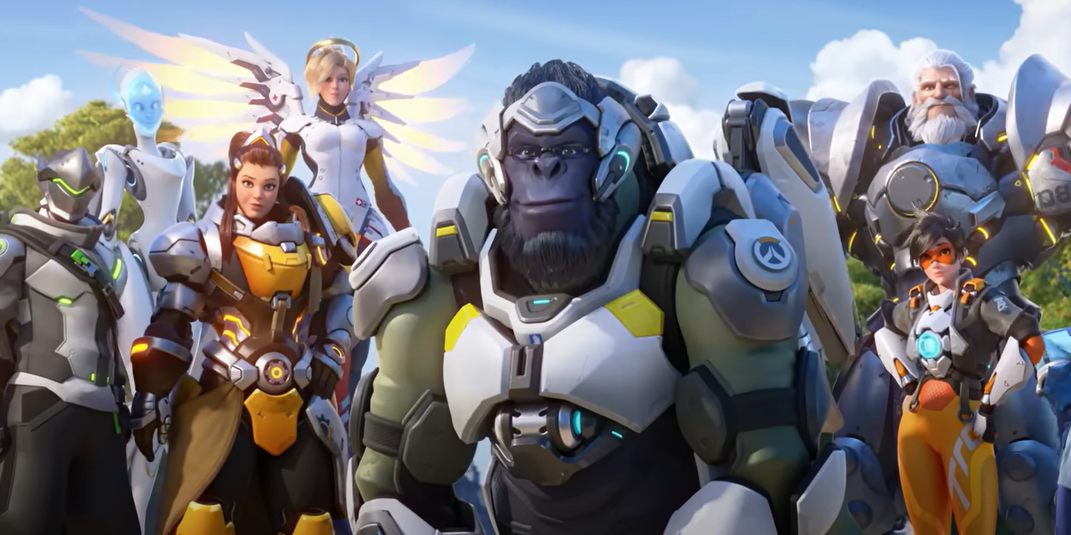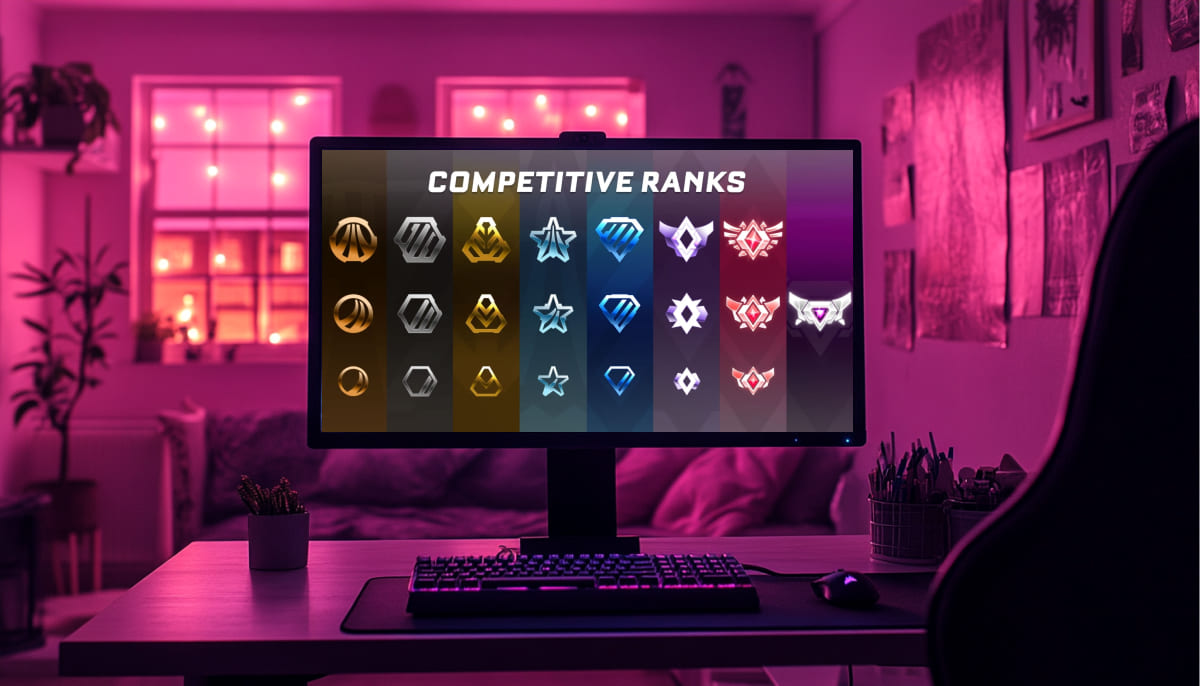Esports vs. Sports: How do the two compare?
Image credit: BMW / USA Today Sports TL;DR Esports is a digital-first, billion-dollar industry, with games like LoL and CS2 drawing millions of viewers per major event. Traditional sports are more physical competitions like football and basketball, with the 2024 Super Bowl hitting 123.7 million viewers. Esports contain many core elements that make a sport … Continued The post Esports vs. Sports: How do the two compare? appeared first on Esports Insider.


TL;DR
- Esports is a digital-first, billion-dollar industry, with games like LoL and CS2 drawing millions of viewers per major event.
- Traditional sports are more physical competitions like football and basketball, with the 2024 Super Bowl hitting 123.7 million viewers.
- Esports contain many core elements that make a sport a sport, such as competitive structures, governing bodies, skills, and physical/mental demands.
- Top earners in esports and sports vary; Ronaldo made $275 million in 2024, while Dota 2’s N0tail made $7.1 million in prize money alone.
- Esports require strategic skill and rigorous training, but they are more accessible than traditional sports and have lower barriers to entry.
- The line between esports and sports is blurring, with NBA teams owning pro-LoL orgs and esports featuring in Olympic-level events.
Esports vs. sports: it’s the age-old debate of this generation. Traditional sports like football and basketball are physical competitions with long-standing leagues, iconic athletes, and decades of legacy.
On the other hand, esports games like League of Legends, Counter-Strike 2, and Dota 2 are now drawing millions of viewers, selling out arenas, and building global fandoms that rival those of traditional sports.
So, are esports real sports? That depends on who you ask, but the line gets blurrier each year. With million-dollar tournaments, Olympic conversations, and crossover into mainstream culture, it’s becoming clear that esports isn’t just “playing video games” anymore. It’s now a global phenomenon redefining what sport can be.
In this article, Esports Insider breaks down how the two compare across viewership, sponsorships, teams, training, and top earnings, and why the debate around what defines a “real” sport might already be outdated.
Esports vs Sports in brief
| Category | Esports | Traditional Sports |
|---|---|---|
| Format | Digital-first, video game competitions | Physical competitions (e.g., football, basketball) |
| Viewership | 6.91M peak (LoL Worlds 2024, excluding China) | 123.7M (Super Bowl 2024) |
| Sponsorship revenue | ~$726M (2024), projected >$1B (2025) | $1.68B (Premier League 2024-25), $2.9B (Formula 1) |
| Top teams (US/EU) | FaZe Clan, Team Liquid, Fnatic, G2 Esports | LA Lakers, Dallas Cowboys, Manchester United, FC Barcelona |
| Training & lifestyle | 50+ hrs/week, mental agility, fast burnout, early retirement (~mid-20s) | Physical fitness, long-term stamina, and retire mid-30s or later |
| Accessibility | Low barrier – PC, internet, ranked ladders or streaming | High barrier – expensive gear, coaching, structured leagues |
| Top earners | N0tail ($7.1M), Faker (~$10M net worth) | Cristiano Ronaldo ($275M in 2024) |
| Betting scene | Emerging – dedicated platforms for major titles like CS2, LoL, VALORANT | Mature – global market, deeply embedded in sports culture |
| Crossovers | NBA teams own esports orgs (e.g., Golden Guardians, 100 Thieves) | Partnerships with esports orgs (e.g., PSG x Talon Esports) |
| Recognition | IOC launched Olympic Esports Series, growing national recognition | Universally recognised, embedded in global culture |
Esports – short for electronic sports – is more than people playing video games competitively. It’s a multi-billion-dollar industry selling out arenas across the world, with stacked prize pools and dedicated fan bases. The esports genre is vast, home to popular games like LoL, Dota 2, Counter-Strike 2, Valorant, and Mobile Legends: Bang Bang (MLBB). These games headline major tournaments worldwide, with professional players, coaches, analysts, and training routines that often mirror the structure of elite sports teams.
Traditional sports, on the other hand, are what we’ve grown up with: physical competitions with pro athletes competing in disciplines like football, basketball, hockey, tennis, and more. Governed by long-standing leagues like the NBA, FIFA, or the NFL, sports have decades of legacy behind them and are embedded in our day-to-day culture.
But despite the apparent differences – physical vs. digital – the two share plenty in common. Both are about strategy, teamwork, performance under pressure, and creating those iconic, game-defining moments. Where traditional sports dominate TV, esports has carved out its place online and in Gen Z’s heart. And as the numbers keep rising, the esports vs “real” sports debate becomes more outdated by the year.
Esports vs Sports: Sponsorships
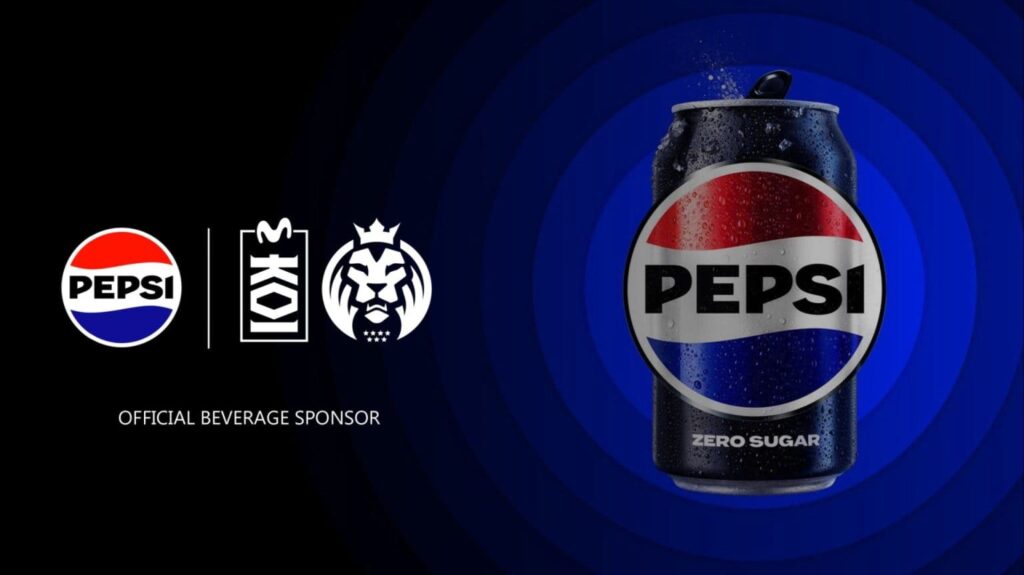
One thing esports and sports have in common is big-money sponsors. The difference lies in scale (for now) and how these deals actually look. Traditional sports are still leading the way regarding total sponsorship revenue, but esports is starting to catch up.
With traditional sports, the Premier League pulled in an impressive $1.68 billion in sponsorship revenue for the 2024-25 season alone, with the “Big Six” clubs accounting for over 70%. Thanks to its Netflix docu-series Drive to Survive, Formula 1 sponsorship spend hit $2.9 billion as the motorsport expands its global reach, with cryptocurrency brands, sports betting sites, and SaaS players competing to support teams. In groundbreaking sports news, even LaLiga in Spain bagged over $117 million in sponsorship revenue, with EA Sports, adidas, and Nike among its most prominent backers.
Shifting attention to esports, sponsorships made up nearly $726 million of global esports revenue in 2024 and are projected to reach over $1 billion in 2025. That number might not stack up to traditional sports yet, but it’s growing quickly.
Endemic brands like PC hardware have traditionally backed Esports, but now some of the world’s biggest brands are getting into esports. Last year, Pepsi made the milestone move to sponsor the LEC team MAD Lions KOI, with the branding prominently on their front jerseys. While the amount of money generated from this sponsorship was not revealed, Pepsi got its money’s worth as MAD Lions KOI succeeded in qualifying for the international tournament LoL Worlds.
Esports has been taken more seriously since the International Olympic Committee (IOC) partnered with the official National Olympic Committee (NOC) to launch the inaugural Esports Olympics.
Esports vs Sports: Viewership
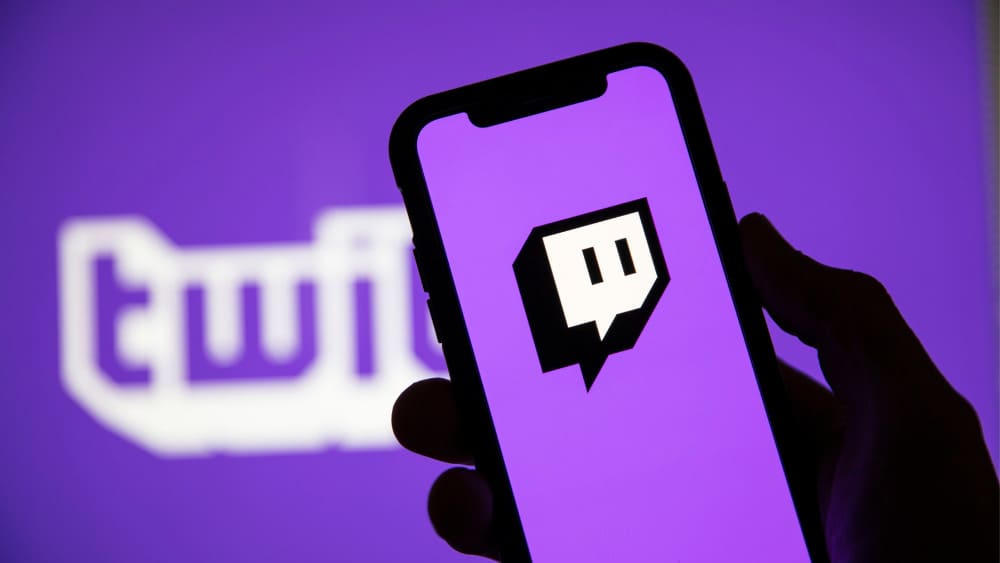
How we watch esports and traditional sports differs massively, and both have massive global reach potential. However, they both cater to their audiences in different ways. Real sports keep things old-school, leaning heavily on TV, cable networks, and live broadcasts. Meanwhile, esports events are digital-first, always, with the events livestreamed for free on platforms such as Twitch and YouTube, with VODs also available.
LoL Worlds broke records in 2024, with a peak of 6.91 million viewers as the most viewed esports event of the year. That’s not even accounting for the Chinese platforms not included in the numbers. While this is a new record for esports, it’s smaller-scale compared to the 123.7 million viewers who tuned in to watch the LVIII Super Bowl.
While traditional sports have the numbers now, esports is starting to catch up with its digital-first approach. The record-breaking numbers in 2024 underscore esports’ growing appeal, particularly among younger, online audiences.
Esports vs Sports: Teams
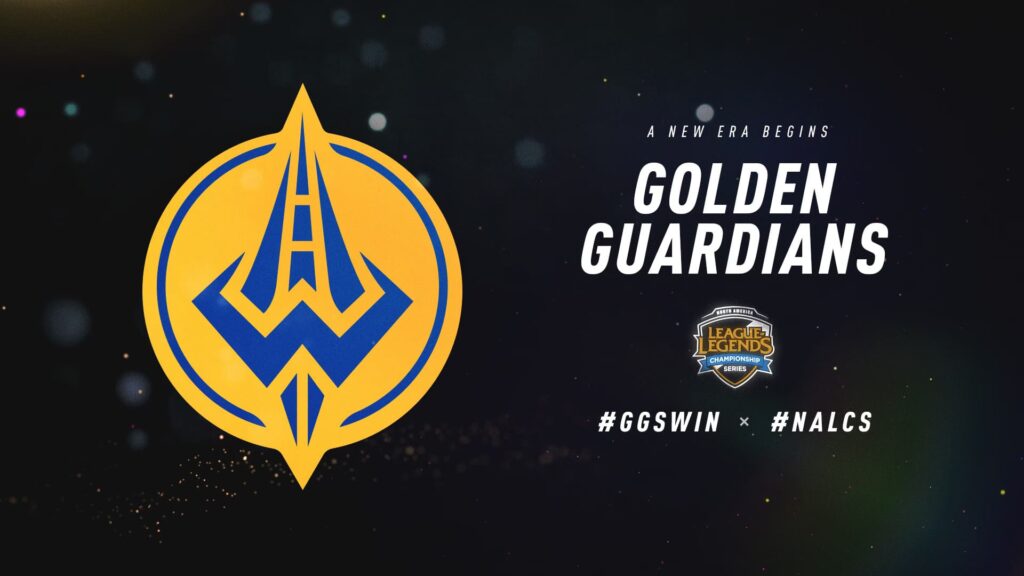
Here are some of the biggest names in the esports and sports scene for the USA and Europe.
It’s worth considering how, despite esports teams being regionally based, many opt for international rosters with talent sourced from across the world. For example, Fnatic is a UK-based esports team, but its current Valorant roster comes from the USA, Poland, Russia, and Turkey.
| Region | Traditional Sports Teams | Top Esports Teams |
|---|---|---|
| US | Los Angeles Lakers (NBA) | FaZe Clan (multi-game) |
| New York Yankees (MLB) | Sentinels (Valorant) | |
| Dallas Cowboys (NFL) | Team Liquid (CS2, Dota 2, League of Legends) | |
| Europe | FC Barcelona (La Liga) | G2 Esports (LoL, CS2, Valorant) |
| Manchester United (Premier League) | Fnatic (LoL, Valorant, CS2) |
Interestingly, traditional sports teams are starting to invest directly into esports, too—an example being PSG partnering with the Asian esports organisation, Talon Esports. Popular NBA team Golden State Warriors also launched their own League of Legends team, the Golden Guardians, in 2017 as part of the LCS in North America. Two other NBA teams also joined the LCS: the Houston Rockets with Clutch Gaming and the Cleveland Cavaliers through sponsoring 100 Thieves.
Although Clutch Gaming folded in 2019, and Golden Guardians followed in 2023, these ventures show that the lines between esports and traditional sports are now blurring.
Esports vs Sports: Training & accessibility

Becoming a pro sports athlete takes years of training, often from a young age. It stands to reason that “real” sports are more physically demanding, focusing on strength, stamina, and agility. The barrier to entry for traditional sports is also high – equipment, professional coaching, and infrastructure aren’t always accessible and can be costly.
In contrast, esports is more open by default. You only need a PC, internet, and a dream to get started. Pro talent is often sourced from ranked ladders, community tournaments, or streaming platforms like Twitch.
That being said, the esports gamer lifestyle is by no means easy. Most esports teams follow brutal training schedules, often playing for a minimum of 50 hours a week. Daily pro scrims, VOD reviews, team strategy sessions, and staying on-meta are all part of their routines. Players will also undergo tests regularly to focus on their mental agility, reflexes, strategic thinking, and hand-eye coordination.
It’s worth noting that the average esports pro retires by their mid-20s, often due to burnout, overtraining, and reaction time declines, while traditional athletes can continue well into their 30s.
Esports vs Sports: Richest stars

The top stars in esports and traditional sports are making serious cash, but the scale (and how they earn) looks different.
Superstar athletes take home huge salaries, endorsement deals, and commercial ventures in traditional sports. For example, Cristiano Ronaldo is reportedly the highest-paid athlete of 2025, earning $225 million on-field and $50 million off-field from brand deals and sponsorships from Nike, Binance, and his CR7 brand.
On the esports side, raw tournament winnings don’t match the glitz and glamour of the sports world. However, it has still produced some multimillionaires, primarily from Dota 2. Johan “N0tail” Sundstein is easily one of the richest esports players of all time, with his $7.18 million lifetime earnings setting the benchmark thanks to his multiple Dota 2 championships. South Korea’s Lee “Faker” Sang-hyeok, the biggest LoL player of all time, has secured lifetime employment with T1 with an estimated net worth of $10 million.
Esports vs Sports: Betting
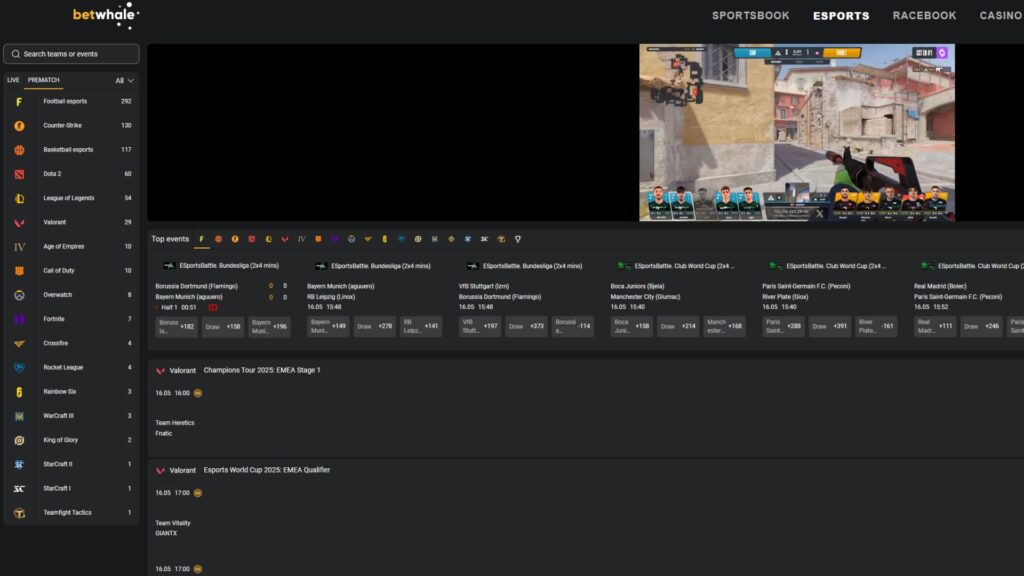
Lastly, regarding wagering, esports betting and traditional sports betting can be remarkably similar. While the latter has been around just as long as the invention of physical sports, the former is a burgeoning industry. As touched upon above, with so many sponsors and more money in the prize pools, there’s more substantial action to be had for gamers who want to put their money where their mouth is in backing their favourite team or gambling on the odds.
There are now dedicated esports betting platforms such as BetWhale, BetOnline, Everygame, Bovada, BetUS, CoinCasino, MyBookie, BetNow, and BUSR that facilitate gambling action for games such as Call of Duty, VALORANT, Counter-Strike, Dota 2, Starcraft 2, Overwatch, Fortnite, and more. Conversely, traditional sports betting has existed for thousands of years.
Conclusion
Comparing esports to traditional sports isn’t about determining which is better. Instead, it’s about recognising the value each brings to the world of competitive entertainment. The skills, competition, and fans are real, and the gap between online and physical arenas is shrinking every year.
As esports continues to evolve and intersect with the traditional sports world, the real question might not be “Is esports a sport?” but “What will sports look like in the next decade?”
FAQs
Sports are physically played games like football or tennis. Esports are competitive video games played professionally and digitally, but with the same intensity.
Not yet in terms of revenue or mainstream coverage, but esports is growing rapidly, especially with younger, digital-native audiences.
Dozens of countries and organisations have acknowledged esports as a sport. The IOC setting up the Olympic Esports Series is a big step in recognising esports as a legitimate sport.
The salary for a pro esports player can range widely depending on the game they play and their skill level. For top-tier pros, it can be anywhere from $50,000 to $150,000, not counting prize winnings, streaming, and sponsorships.
Faker is considered one of the world’s biggest and well-known esports players as the GOAT of League of Legends.
No. Esports tournaments involve professional competition, rigorous training, team strategy, and months of preparation.
League of Legends, followed by Counter-Strike 2, DOTA 2, and Valorant, are massive esports, also most often seen on esports betting sites, with live odds and dozens of betting markets. If you’re so inclined, here’s a handy esports betting guide.
References
- https://www.globaldata.com/media/sport/premier-league-sponsorship-revenue-reaches-1-68-billion-2024-25-season-reveals-globaldata (GlobalData)
- https://www.ampereanalysis.com/insight/2025-f1-sponsorship-spend-hits-29bn-as-cryptocurrency-brands-ramp-up-spending (AmpereAnalysis)
- https://www.globaldata.com/media/sport/2024-25-laliga-generates-estimated-117-47-million-sponsorship-revenue-reveals-globaldata (GlobalData)
- https://www.olympics.com/ioc/news/ioc-announces-olympic-esports-games-to-be-hosted-in-the-kingdom-of-saudi-arabia (Olympics)
- https://liquipedia.net/valorant/Fnatic (Liquipedia)
- https://www.espn.com/gaming/story/_/id/21475314/golden-state-warriors-cleveland-cavaliers-houston-rockets-officially-enter-league-legends-championship-series (Espn)
- https://www.businessinsider.com/pro-gamers-explain-the-insane-training-regimen-they-use-to-stay-on-top-2015-5 (BusinessInsider)
- https://www.washingtonpost.com/video-games/esports/2022/04/19/esports-age-retirement/ (Washingtonpost)
- https://www.forbes.com/sites/brettknight/2025/05/15/the-worlds-10-highest-paid-athletes-2025/ (Forbes)
- https://www.esportsearnings.com/players/3304-n0tail-johan-sundstein (Esportsearnings)
The post Esports vs. Sports: How do the two compare? appeared first on Esports Insider.
















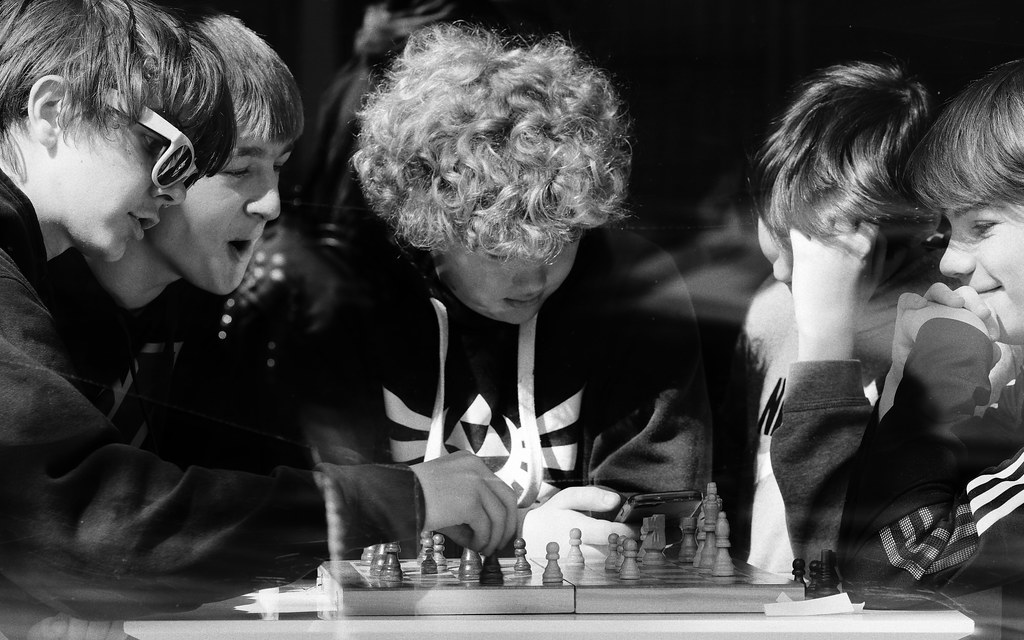









































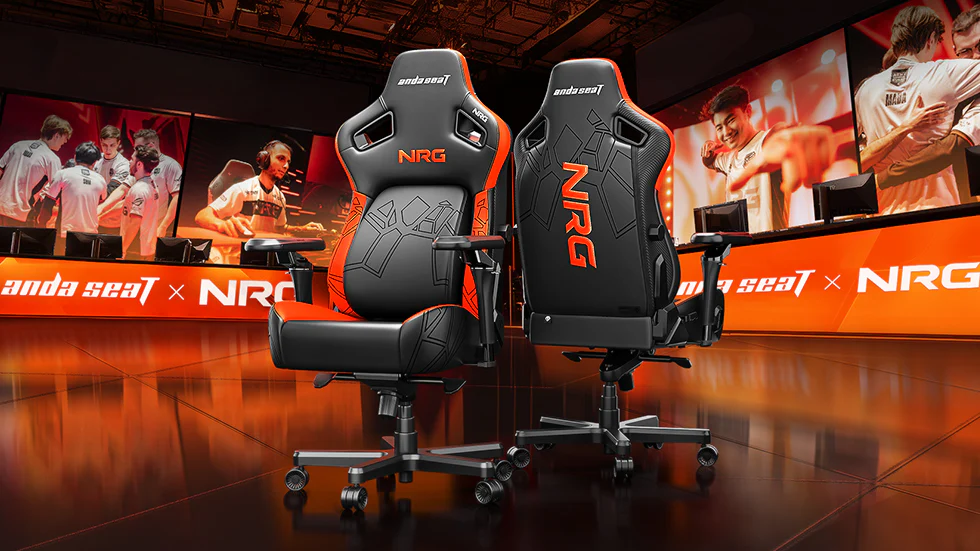
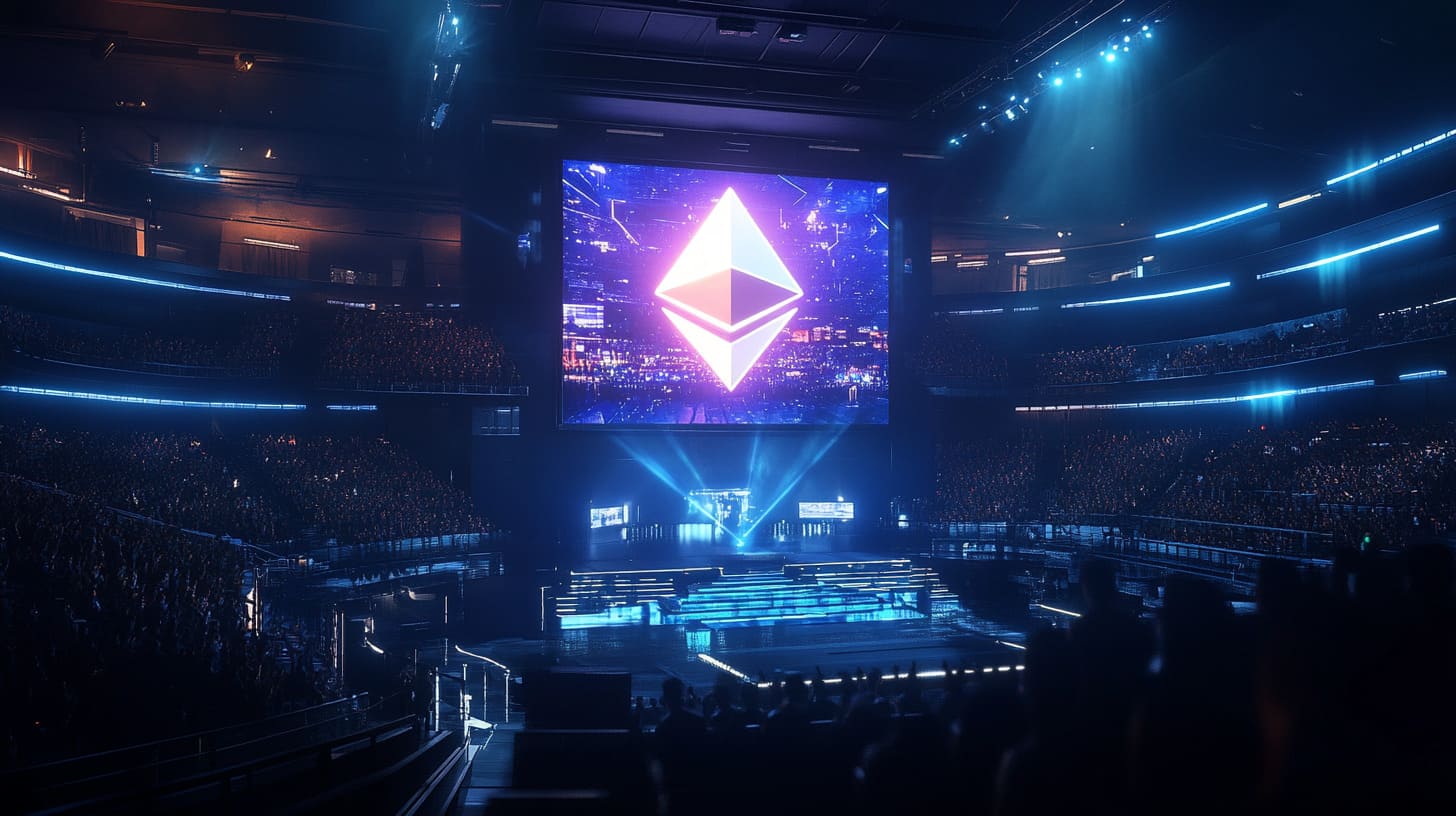
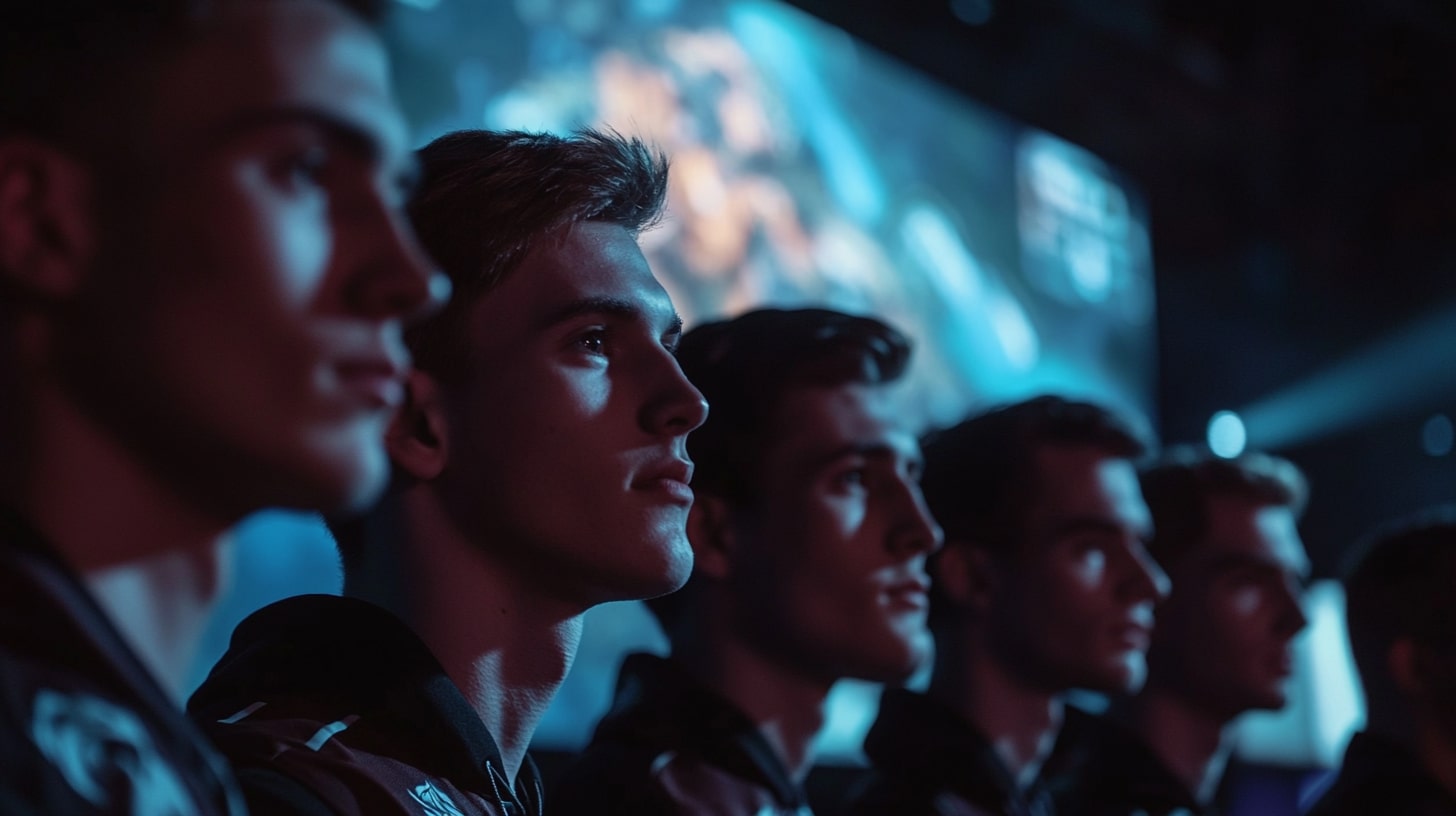













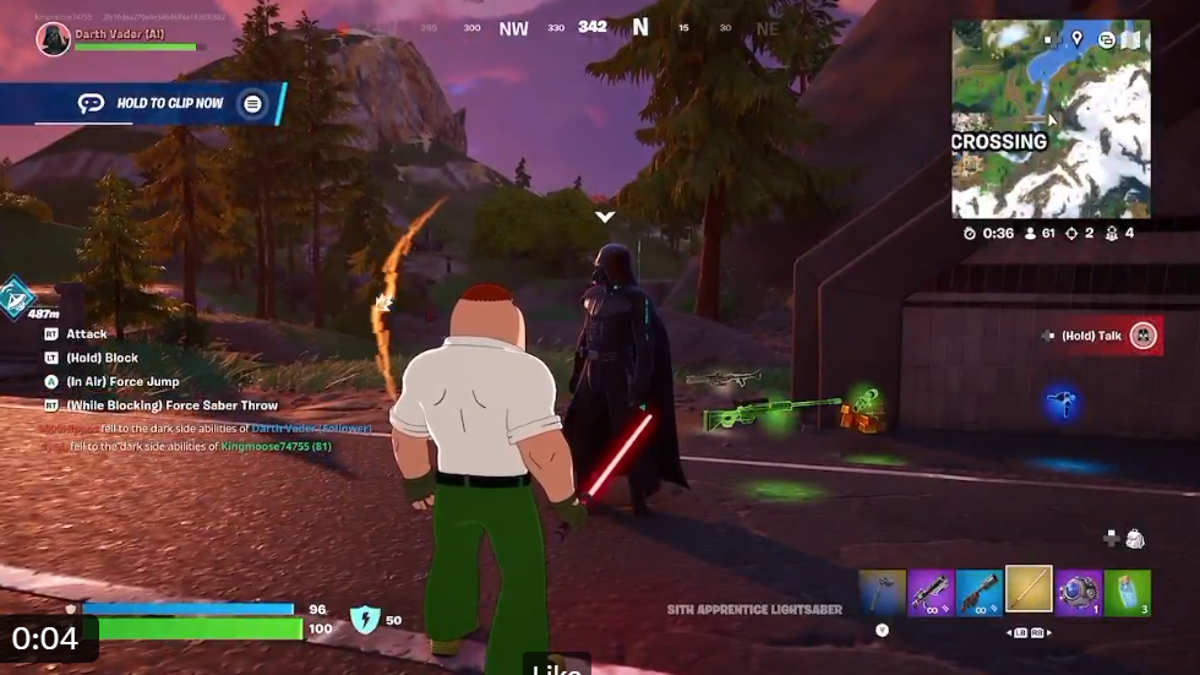










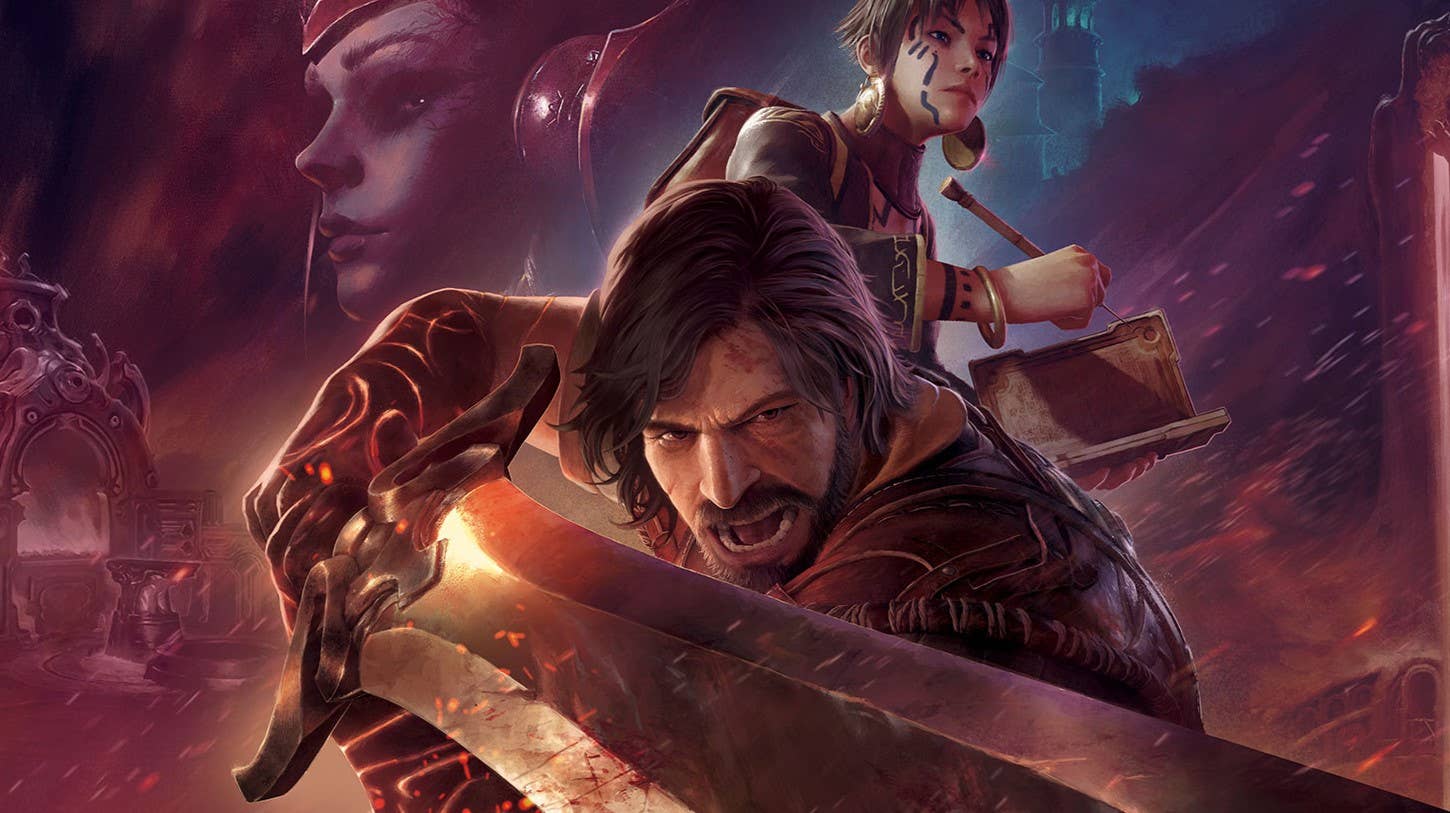





















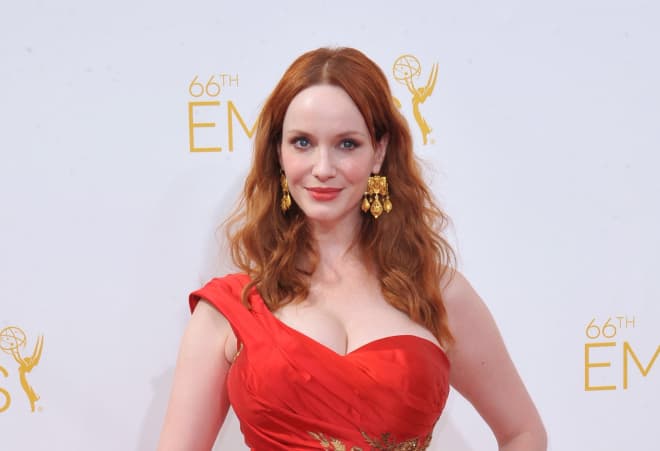










































































.jpg)

